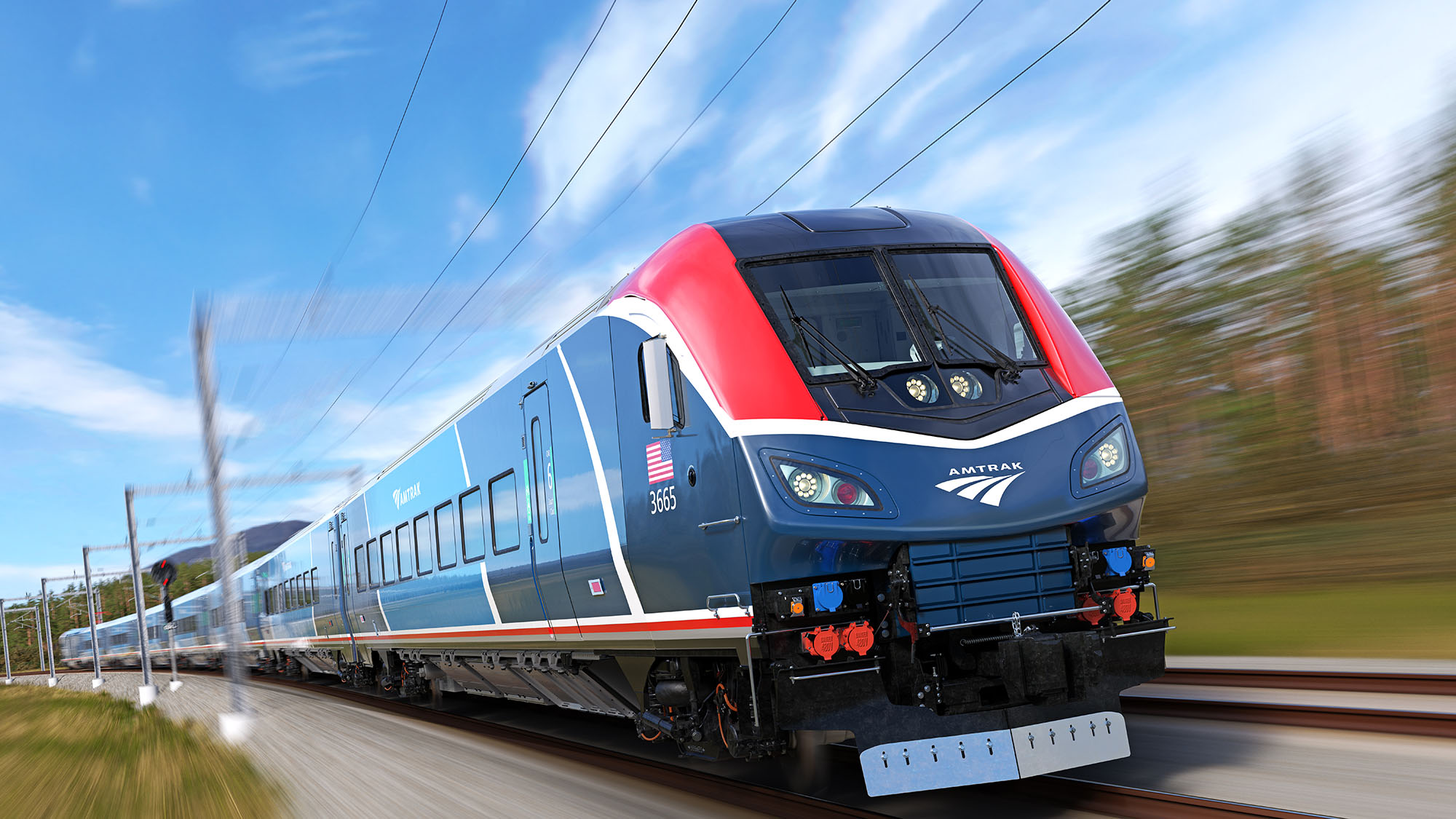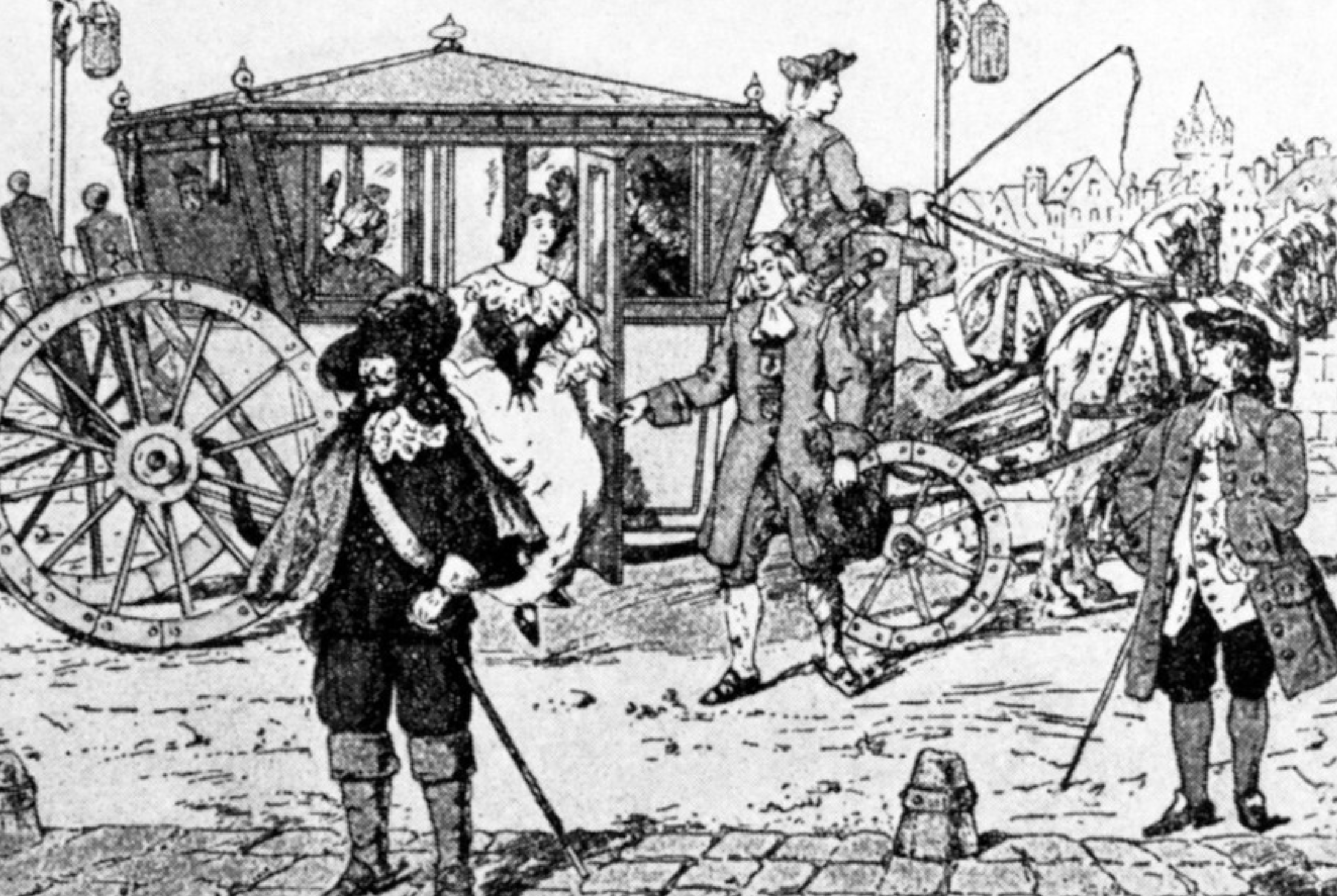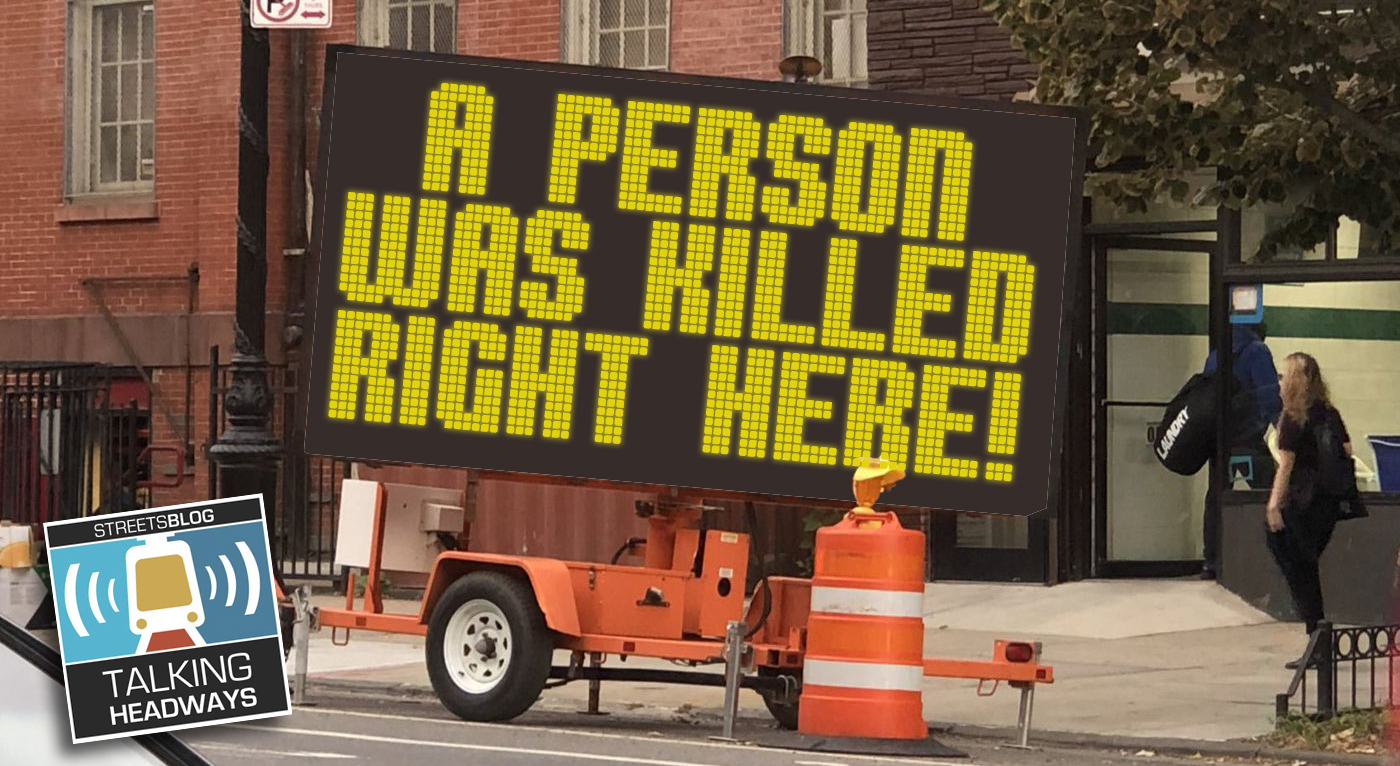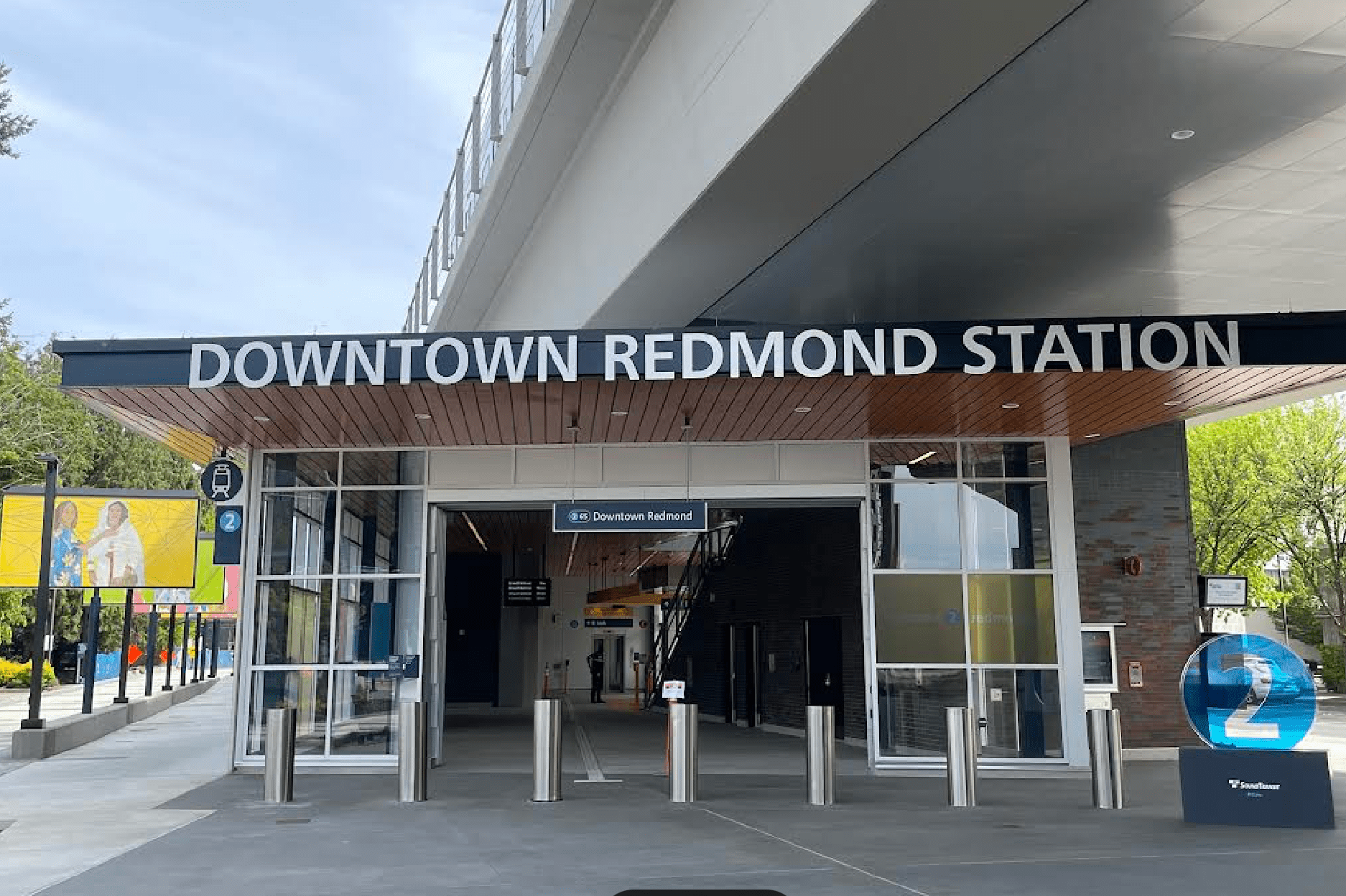If you've been looking to Washington for a solution to the nation's transportation funding problems, it looks like you're going to be waiting a while.
State after state has been hammering out funding increases for transportation, while leaders in D.C. fail to even discuss the possibility of raising the federal gas tax, or any other viable source of revenue.
Given the federal quagmire, Eric Jaffe at Atlantic Cities recently explored what it would mean if transportation spending were "devolved" to local states and cities. After all, it's really at the city level where you tend to see some real imagination in transport policy.
Today, Yonah Freemark at the Transport Politic responds, saying that eliminating the federal role would likely hit transit riders especially hard in less affluent regions of the country:
About a year ago, I reviewed data from 15 cities to evaluate how local funding affected outcomes. Because of the increasingly relevant public discussion on the issue of decentralizing transportation funding, I wanted to reexamine this issue with a larger dataset of all 65 U.S. metropolitan areas with populations of more than 800,000.* In order to conduct this analysis, I took advantage of data provided by the National Transit Database and the Brookings Institution.
The findings, to summarize them quickly, are revealing of the significant potential downside of funding transit operations only at the local or state level. The data demonstrate that increasing local and state transit operations spending is closely correlated with metro area median household income and poverty rates. This is not the case for federal aid, as minimal as it is.
A clearheaded look at the evidence indicates that Washington has used its transit operations spending to advance redistributive principles. Transit operations spending by the federal government in metropolitan areas across the country has no correlation with regional household incomes or poverty rates. The funding formulas developed by the Congress may not be perfect, but at least they are not discriminating between metro areas based on their respective incomes.
Meanwhile, Freemark also says that under the Obama administration, the proliferation of local streetcar projects and the progress on passenger rail in the Midwest, uneven as it may be, are also evidence of the potential impact of federal transportation investment. With the governors in Ohio and Wisconsin freezing out federal funding for intercity trains, the Midwest rail example also highlights the unequal results and patchwork infrastructure that would result from putting states completely in control of transportation.
Elsewhere on the Network today: Cyclelicio.us explores the concept of a "net zero" gas tax. Bike SD reports that San Diego's city council has passed a unanimous resolution promising to"prioritize" bike infrastructure. And Suburban Assault explains "Cyclists in Suits," Texas's annual bike lobby day.





